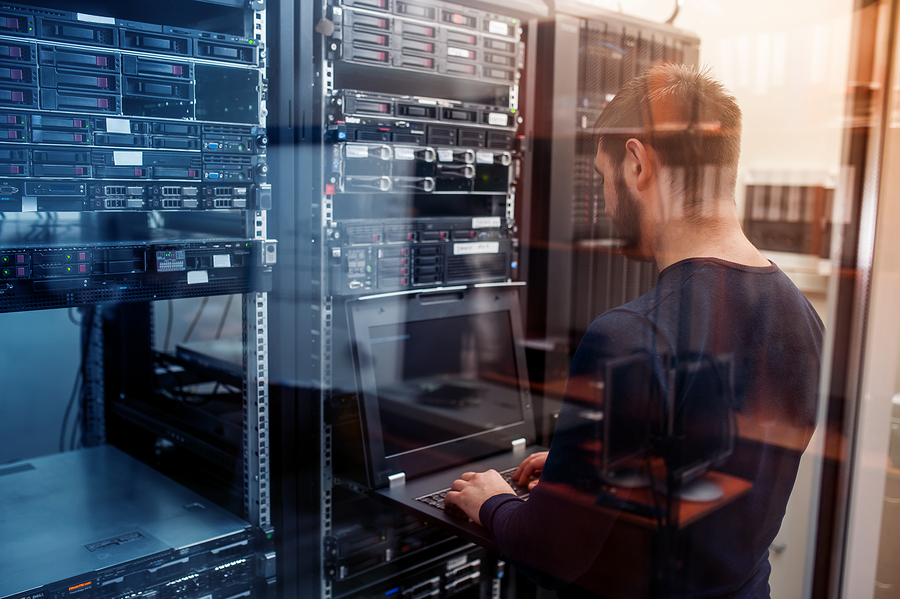Americans spend an average monthly fee of $64 on home internet, which is a relatively high figure. Many people wonder why they spend so much to stay connected to the world wide web but cannot quite figure that out.
Indeed, if you find your neighbor is paying much less to access the internet, you may feel cheated. However, before you throw tantrums, note that internet costs vary depending on several factors, including the connection type, service provider, download speeds, geographical location, and data caps.
This could be the reason behind the disparity in internet costs between you and the person next door. Also, some internet service providers (ISPs) come with hidden charges and additional fees that aren’t mentioned in their advertisements.
If you stay in the Tri-cities area, Rango should be your go-to ISP for affordable, reliable, and super-speedy internet connectivity. This article breaks down the internet cost of the average American for a better understanding of the fees to expect from providers.
Table of Contents
How Much Should You Spend On Your Internet?
There are four major types of high-speed internet, and they include:
- DSL: Uses the same cables as traditional phone lines and average costs about $43 per month. This is the cheapest connection type.
- Cable: Like cable television, this uses coaxial cables and attracts an average monthly fee of $58.
- Fiber: This new technology utilizes fiber cables and costs around $56 per month. It has super-fast download and upload speeds.
- Satellite: This is the most expensive, attracting a monthly fee of about $91. It requires the installation of satellites and satellite dishes.
Factors That Contribute To Internet Cost
1. Equipment Rental Fee
To connect your devices to the internet via Wi-Fi, you’ll need a router and modem. There is the option of either renting or buying these pieces of equipment. If you opt for the former, prepare to be charged an extra monthly rental fee between $5 and $15.
Alternatively, you can purchase your own wireless router to save money in the long run and enjoy a more seamless internet experience. A problem with renting equipment is that routers communicate via radio-like frequencies, so if your neighbors rent the same router from your provider, there’ll be an increase in traffic, slowing down your connection.
2. Installation And Activation Fees
You’ll likely be charged a few starter fees when setting up your internet service. Some providers include an activation fee of about $10 in their installation costs; others may charge separately. That being said, purchasing your internet service over the phone rather than online may allow some initial fees to be waived.
Installing your internet service will attract a fee of about $200. Choosing to self-install will save up some money for you. With this option, you will be sent a mail that contains instructions on how to connect your service.
Sometimes, professional installations are required, and they are usually the costliest, with prices between $50 and $200. Meanwhile, remember to check if your provider has a promotional package to waive installation fees, as some ISPs offer such promos.
3. Recovery Fee
This is usually hidden among other fees and taxes. ISPs charge their customers about $1-$4 monthly to cater to the expansion and maintenance of broadband networks. Only a few providers include this payment in their package as it has received backlash from customers who feel their initial fees already cover the service.
4. Data Overage Fees
Anytime you exceed your monthly internet data allotment, you are charged an overage data fee. Of course, the more demanding your household’s internet activities like Netflix streaming, the bigger the data allotment you’ll need.
Usually, for every 50 GB expended, you’ll be charged around $10.

5. Early Termination Fees
Providers charge an early termination fee for failure to honor your contract. So, if you decide to switch ISPs before the end of your contract, you’ll have to compensate for the remaining months left or a flat rate of up to $300.
Suppose you are worried about commitment, select internet providers offering no-contract plans at a higher monthly rate. Also, some ISPs don’t even need contracts at all.
Before putting pen to paper on a contract, consider the length of time you intend to use the internet service and the cost of early cancellation.
6. Late Payment Fee
Delayed or missed monthly payments usually result in a late payment fee between $10 and $25 or a percentage of the bill.
Try scheduling automatic payments online to avoid a situation where you forget to pay your bills. This way, you never miss your payment. ISPs even encourage this option as they give a small discount for going paperless.
What Other Features Affect Internet Bills?
1. Download Speed
The faster your download speed, the more you’ll have to pay for internet connectivity per month.
2. Connection Type
DSL is the cheapest connection type. Meanwhile, fiber internet and satellite plans are much more expensive due to the high maintenance cost of setting up their infrastructure.
3. Location
Most ISPs offer different internet costs depending on the geographical area of the customers.
How To Lower Internet Cost
- Use your equipment: Renting equipment attracts additional fees that will increase your internet cost. However, you can save these rental fees by purchasing your own router and modem.
- Choose lower speeds: If you’re a basic internet user, you don’t need the blazing-fast network. Choosing lower speeds can help reduce your monthly internet cost.
- Change providers yearly: As a new customer to an internet provider, you will likely be offered bonuses and discounts.
- Negotiate: Hold discussions with your ISP agent to see whether they can give you a better rate.
Conclusion
Indeed, internet costs are high. However, with a good understanding of how ISPs calculate their fees, you can manage and reduce the amount spent on internet connectivity per month.
Before signing a contract with an internet provider, ensure you check their hidden and additional fees. Also, when buying internet plans, only settle for the option that perfectly suits your needs. Finally, check if the ISP offers cheaper rates for your location.





